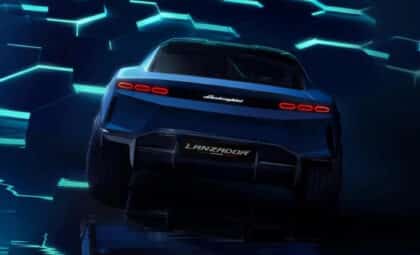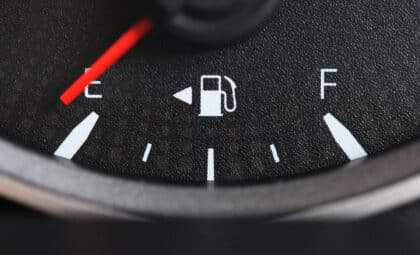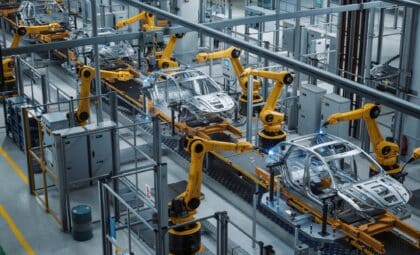When it comes to disc brakes, the general principle is pretty easy to follow—you step on the brake pedal, the calipers squeeze your brake pads onto the brake rotor, and the wheel slows down.
However, things get kind of weird when you look at the brakes on an everyday daily driver, and then look at the ones on a sports car–the sports car brake rotors are covered in little holes.
So, just what is going on, here?
Ooh, Shiny: Check out these sweet special-edition Silverados
The short answer is that high-performance vehicles often have what are aptly called drilled brake rotors, and the holes drilled through it help the car to slow down better. At first glance, that would seem like it can’t be true—after all, disc brakes work by friction, which goes up the more surface area is in contact.
However, the holes help by mitigating two factors: heat and stuff getting between the rotor and pads.
All of that friction generates a ton of heat, and if the heat can’t escape, it degrades the rotor and could warp it. So the holes help it to dissipate somewhat.
As for stuff between the pads and the rotor, the holes act like the treads on your tires. So, if water splashes on the rotor and you hit the brakes, the water is more easily pushed out of the way, rather than getting trapped between the pad and the disc. Apparently the holes used to be there to also help disperse gas, as old pad materials would generate gases between the pad and rotor, but that is no longer an issue.
The downside to all of this is that once you drill a bunch of holes into your brake rotor, it tends to break down faster.
Good To Remember: Here are some finance tips for first-time car buyers
News Source: How Stuff Works
The News Wheel is a digital auto magazine providing readers with a fresh perspective on the latest car news. We’re located in the heart of America (Dayton, Ohio) and our goal is to deliver an entertaining and informative perspective on what’s trending in the automotive world. See more articles from The News Wheel.











